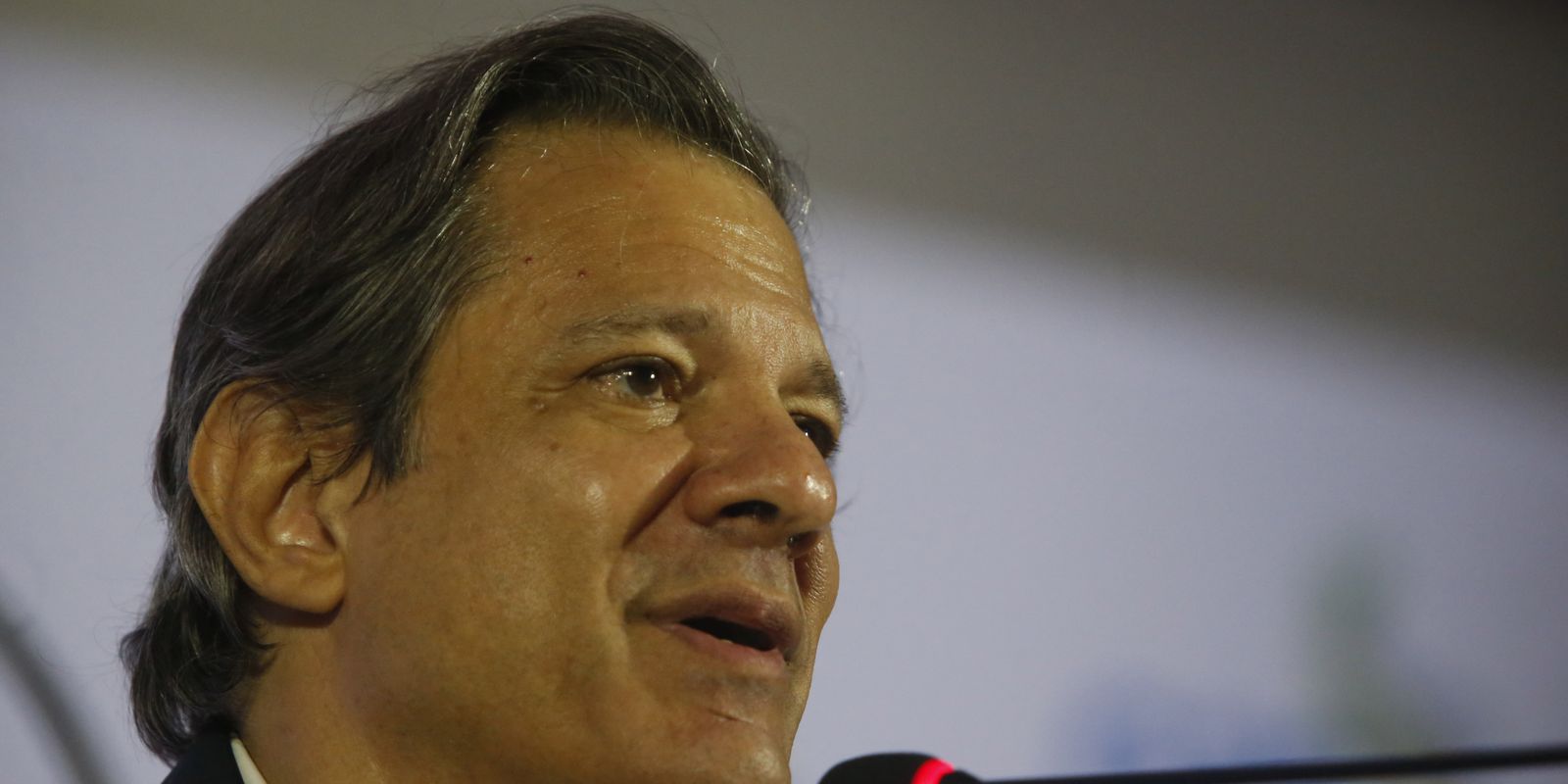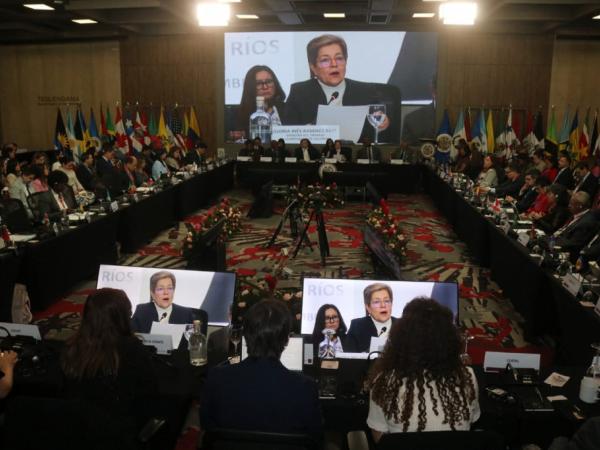Multilateral development banks will have more tools at their disposal to increase investments in sustainable projects and stimulate global development. The G20, a group of the 19 largest economies on the planet, plus the African Union and the European Union, approved on Wednesday night (23) a reform roadmap for these financial institutions.
Among the main multilateral development banks are the World Bank, the Inter-American Development Bank and the New Development Bank (called the BRICS Bank). According to the Minister of Finance, Fernando Haddad, the plan is based on three pillars: improving operational efficiency, increasing financial capacity and strengthening the cohesion and effectiveness of these financial institutions.
“Banks need to continue refining their processes to adapt to the changing dynamics of the global development landscape. This involves, among other actions, strengthening support for country-led financing platforms, streamlining project flows and fostering innovation,” said Haddad in a speech during a dinner of G20 finance ministers and central bank presidents in Washington. Until November, Brazil presides over the G20.
The Finance Minister highlighted that the document was approved by consensus and is the result of work initiated by India, which held the previous presidency of the group. “In line with the mandate of G20 leaders in New Delhi [capital da Índia]the Brazilian presidency understands the approval of the G20 Roadmap for multilateral Development banks as a decisive step towards transforming multilateral banks into institutions capable of addressing the Sustainable Development Goals [das Nações Unidas]”, he declared.
Haddad defended the increase in exchange rate protection mechanisms, to reduce the loss to developing countries that take loans at times when the dollar rises, and the encouragement of financing in local currencies. “By strengthening national systems and expanding concessional resources, banks will be better prepared to provide targeted support to nations struggling to achieve their sustainable development goals and address global challenges,” he added.
Another item included in the plan is the increase in private resources to finance investments in sustainable development. “An essential point is the expansion of private investments with the aim of overcoming the current leverage rate, estimated at a small fraction of the disbursements of multilateral development banks”, explained Haddad in the speech.
The minister highlighted that the roadmap was developed through consultations with experts, civil society and the multilateral development banks themselves. Haddad remains in Washington this Thursday (24), where he participates in the 4th G20 Meeting of Finance Ministers and Central Bank Presidents. The meeting takes place in parallel with the autumn meeting (in the northern hemisphere) of the International Monetary Fund (IMF) and the World Bank.
The final travel commitment will be an event by the Global Mobilization Task Force against Climate Change (TF-Climate) and a restricted IMF meeting with Finance Ministers, in which the Monetary Fund will present global economic scenarios.

















